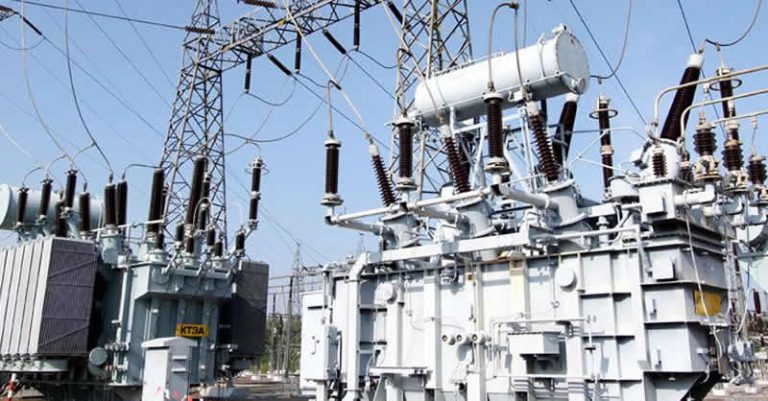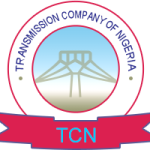In an attempt to stabilize Nigeria’s power sector, the Presidency has started internal permission procedures to settle the N2 trillion legacy debt owed to energy producing businesses by the end of the upcoming quarter.
This was revealed on Monday at the second Nigerian Electricity Supply Industry Stakeholders Meeting of 2025, which was organized by the Nigerian Electricity Regulatory Commission and sponsored by Eriye Onagoruwa, the Special Adviser to the President on Energy.
According to Onagoruwa, the Presidency understands how urgent it is to manage the debt overhang, which has put pressure on GenCos and hindered the country’s ability to produce power. She disclosed that because of the Federal Government’s present financial limitations, other debt instruments are being investigated.
“We are empathetic to what GenCos are facing,” she said. “I can attest that the Coordinating Minister of the Economy and the Debt Management Office are on board with our endeavor to investigate alternative debt mechanisms. Internal approvals are being processed at the moment.
Onagoruwa stated that she hoped to have a clear update before the next quarterly NESI Stakeholders Meeting, but she did not provide a specific timeframe. She suggested that progress could be reported in the next three months.
“I hope to be able to share a clear update by the next NESI meeting,” she stated.
As per reports, Gencos had sent a warning to the Federal Government over the continuous buildup of debts currently worth over N4tn.
The Senate Committee on Power recently expressed alarm over the power industry’s financial issue, pointing out that the government owes approximately N200 billion to electricity-generating businesses each month as a result of tariff deficits.
The committee disclosed that since this year, the government has not paid the electricity producers, and that this has elevated the debt to roughly N800bn.
The forum brought together regulators, operators, and other important participants in the electrical value chain to resolve chronic obstacles and outline a route for ongoing sector reforms.
The establishment of the Nigerian Independent System Operator, the projected Meter Asset Fund, the Presidential Metering Initiative, and the growing metering gap were among the main topics of discussion. There was also discussion of the role of recently established State Electricity Regulatory Commissions and the shift to a multi-tiered electricity market.
John Akinnawo, the interim managing director of Nigerian Bulk Electricity Trading Plc, issued a warning about the possibility of market fragmentation in the wake of decentralization initiatives brought on by the Electricity Act 2023. He called on NISO to be the driving force toward operational and policy harmonization.
Abdu Mohammed Bello, the managing director of NISO, gave a thorough briefing on the organization’s goals, objectives, and essential operations. He emphasized how it contributes to increased operational stability, system coordination, and transparency in the changing electrical market.
The Presidency’s intervention on the GenCo debt was welcomed by the meeting’s stakeholders, who also expressed hope that the combined changes would assist reposition Nigeria’s energy supply sector for long-term sustainability.
Now that sector-wide changes are underway and clarity is promised in the upcoming quarter, everyone is watching to see what the Presidency will do to address the long-standing financial obligations.





